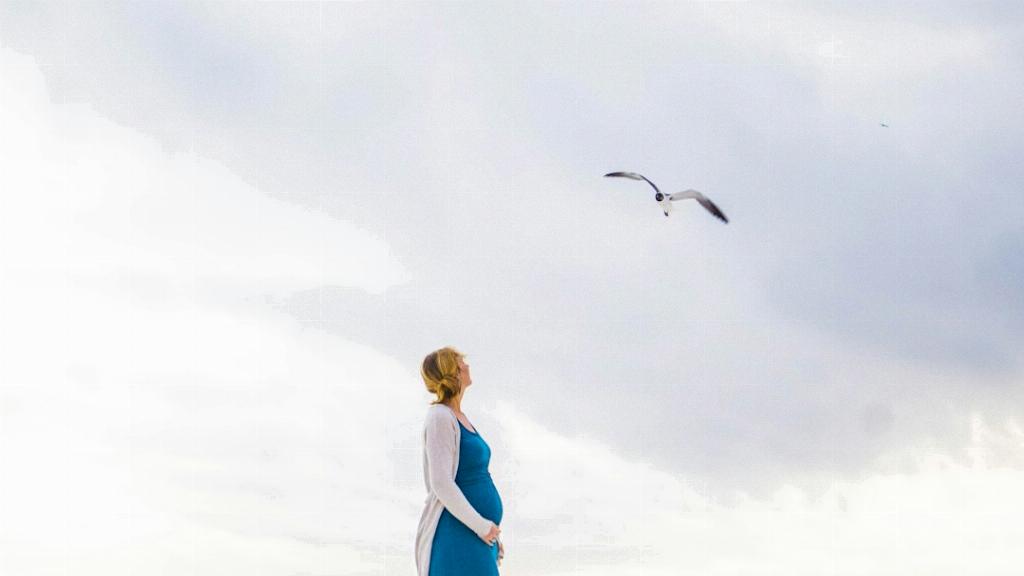When diving into the question of why Jeannie Mai did not want to have kids, it is crucial to understand the deeply personal reasons behind her decision. Mai bravely opened up about her past, revealing that her childhood experiences with sexual abuse played a significant role in shaping her perspective on motherhood.
As Mai candidly shared, the trauma of sexual abuse during her formative years left her with profound trust issues that she believed would hinder her ability to embrace the role of a mother. This insight offers a glimpse into the complex emotional journey that Mai has navigated throughout her life.
It is essential to recognize that everyone’s path to parenthood is unique, and for Mai, confronting her past trauma was a crucial step in understanding her hesitance towards having children. By shedding light on the impact of her childhood experiences, Mai provides a poignant example of the deep-seated emotions that can shape our perspectives on family and relationships.
Moreover, Mai’s decision not to have kids underscores the profound influence that past trauma can have on our present choices. By acknowledging the role of her childhood sexual abuse in shaping her views on motherhood, Mai invites us to reflect on the ways in which our personal histories can impact our decisions about family planning.
While some may question or challenge Mai’s decision not to have children, it is crucial to approach the topic with empathy and understanding. Each individual’s journey towards parenthood is deeply personal, and it is essential to respect the diverse factors that can influence this significant life choice.
By sharing her story with vulnerability and honesty, Mai offers a valuable perspective on the complexities of family planning and the lasting effects of childhood trauma. Her courage in speaking out about her experiences serves as a reminder of the resilience and strength that can emerge from confronting past struggles.
Ultimately, Jeannie Mai’s decision not to have kids is a deeply personal one that reflects the intricate interplay of past trauma, trust issues, and individual choice. Her willingness to share her journey with authenticity and openness provides a powerful example of self-reflection and personal growth.
As we consider Mai’s journey and the factors that have shaped her decision, it is essential to approach the topic of family planning with sensitivity and compassion. By honoring each person’s unique experiences and perspectives, we can cultivate a culture of understanding and support for individuals navigating complex decisions about parenthood.
Jeannie Mai’s story serves as a reminder of the resilience and courage that can emerge from confronting past traumas and embracing one’s authentic self. Her decision not to have children is a reflection of her personal journey towards healing and self-discovery, and it invites us to reflect on our own paths to fulfillment and happiness.
In conclusion, Jeannie Mai’s choice not to have kids is a testament to the profound impact of past experiences on our present decisions. By sharing her story with honesty and vulnerability, Mai offers a valuable perspective on the complexities of family planning and the enduring effects of childhood trauma. Her journey serves as a reminder of the power of self-reflection, healing, and resilience in shaping our paths towards authenticity and fulfillment.

